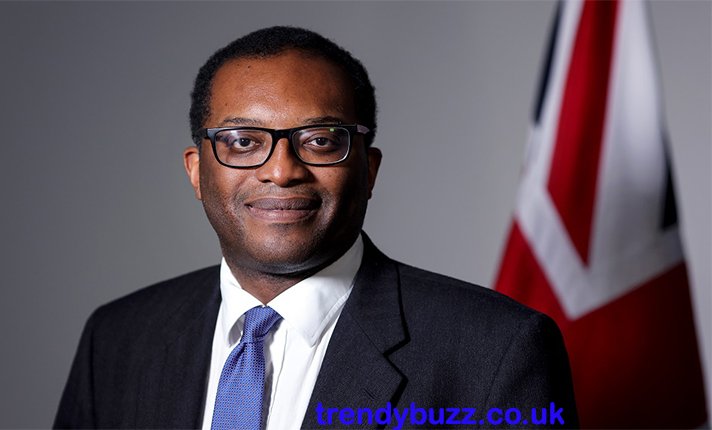Quick summary
Kwasi Kwarteng is a former UK chancellor, long-serving Conservative MP and author whose career moved between the City, publishing and politics. That mix of salaries, book royalties, consultancy fees and speaking payments is why public estimates of his net worth vary. Most outlets place him in a mid six figure to low seven figure range rather than the multimillionaire bracket.
Where his money comes from
Kwarteng’s financial profile is a patchwork. Early in his career he worked as a financial analyst in the City, including a stint at JPMorgan. He has published several books on history and economics, written columns for national papers and, since entering Parliament in 2010, earned an MP’s salary plus additional pay when he served in ministerial roles such as Chancellor in 2022. After leaving full-time ministerial office he has taken paid speaking and consultancy work. Those activities — salaried roles, book royalties and short-term consultancy or speaking fees — are the main sources that feed estimates of his wealth.
What the public record shows
MPs must declare outside earnings and other financial interests in the Register of Members’ Financial Interests. Kwarteng’s entries include consultancy payments and speaking fees recorded in recent years, for example a £35,000 consultancy payment from Fortescue Future Industries in January 2024 and several one-off appearance fees registered in 2023. These declarations give a reliable view of discrete payments but do not, by themselves, reveal bank balances, property values or private investments — the ingredients needed to calculate a definitive net worth.
Estimates from the media and profiling sites
Because there is no single official net worth figure, commentators and entertainment sites produce estimates that rely on known salaries, declared payments and plausible valuations for books and assets. Multiple outlets have converged on a broadly similar band. For example, coverage around his time as Chancellor often cited an estimated net worth between about £800,000 and £1.5 million. Other recent profiles and aggregators put him in a similar one to two million pound range. Those numbers are best treated as informed estimates rather than audited totals.
Why estimates differ
There are three main reasons figures vary. First, public registers disclose only payments that must be declared and do not list private investments, pensions or mortgages. Second, speaking and consultancy fees can be irregular and sometimes confidential, so reporters use disclosed examples and market rates to extrapolate. Third, assumptions about property values or investment returns diverge between sources. Taken together, small differences in assumptions lead to different headline estimates.
Context: how that compares to other politicians
For senior politicians who have worked in finance or written successful books, a net worth in the mid six figures is common. It places someone well above the median household wealth in the UK but below the levels associated with perennial “wealthiest MPs” lists. In short, Kwarteng’s estimated wealth reflects a successful professional and political career rather than vast private capital.
What to watch if you want a more exact number
If you want greater precision, look for three things. First, the parliamentary Register of Members’ Financial Interests, which records declared earnings and is updated periodically. Second, official company filings or land registry records that show directorships, shareholdings or property ownership. Third, reputable investigative reporting or audited disclosures that aggregate those elements into a net worth figure. Until those pieces are compiled together and independently verified, any single number remains an estimate.
Bottom line
Publicly available information and media estimates place Kwasi Kwarteng’s net worth in a roughly mid six figure to low seven figure band — commonly reported around £800,000 to £1.5 million, with some outlets stretching the estimate slightly higher. That range reflects known salaries, book royalties and documented consultancy and speaking fees, but it is not an audited figure. For readers, the useful takeaway is that Kwarteng is comfortably well off by UK standards, with income sources typical of a politician who spent time in finance and publishing, rather than among the richest politicians who hold substantial private capital.
